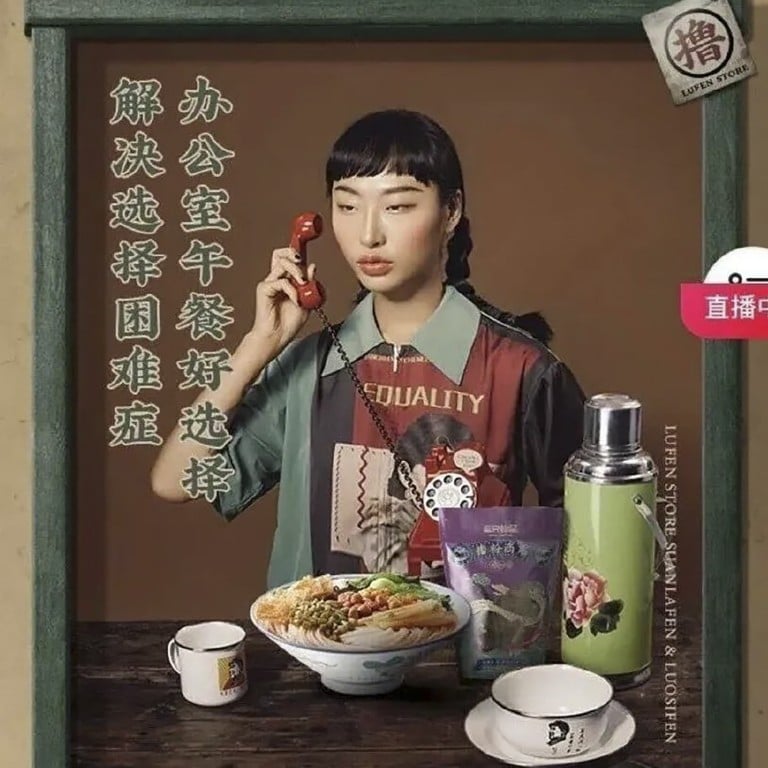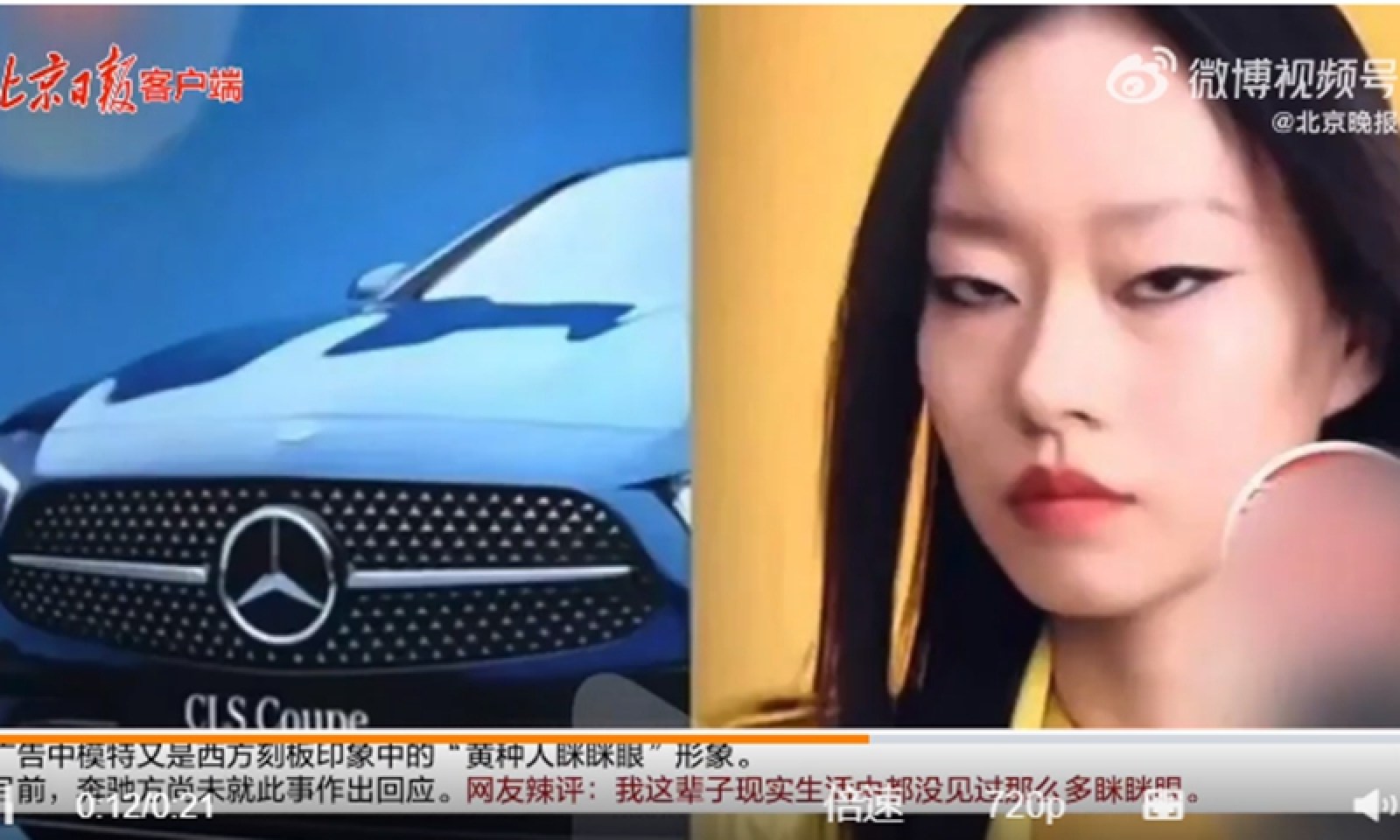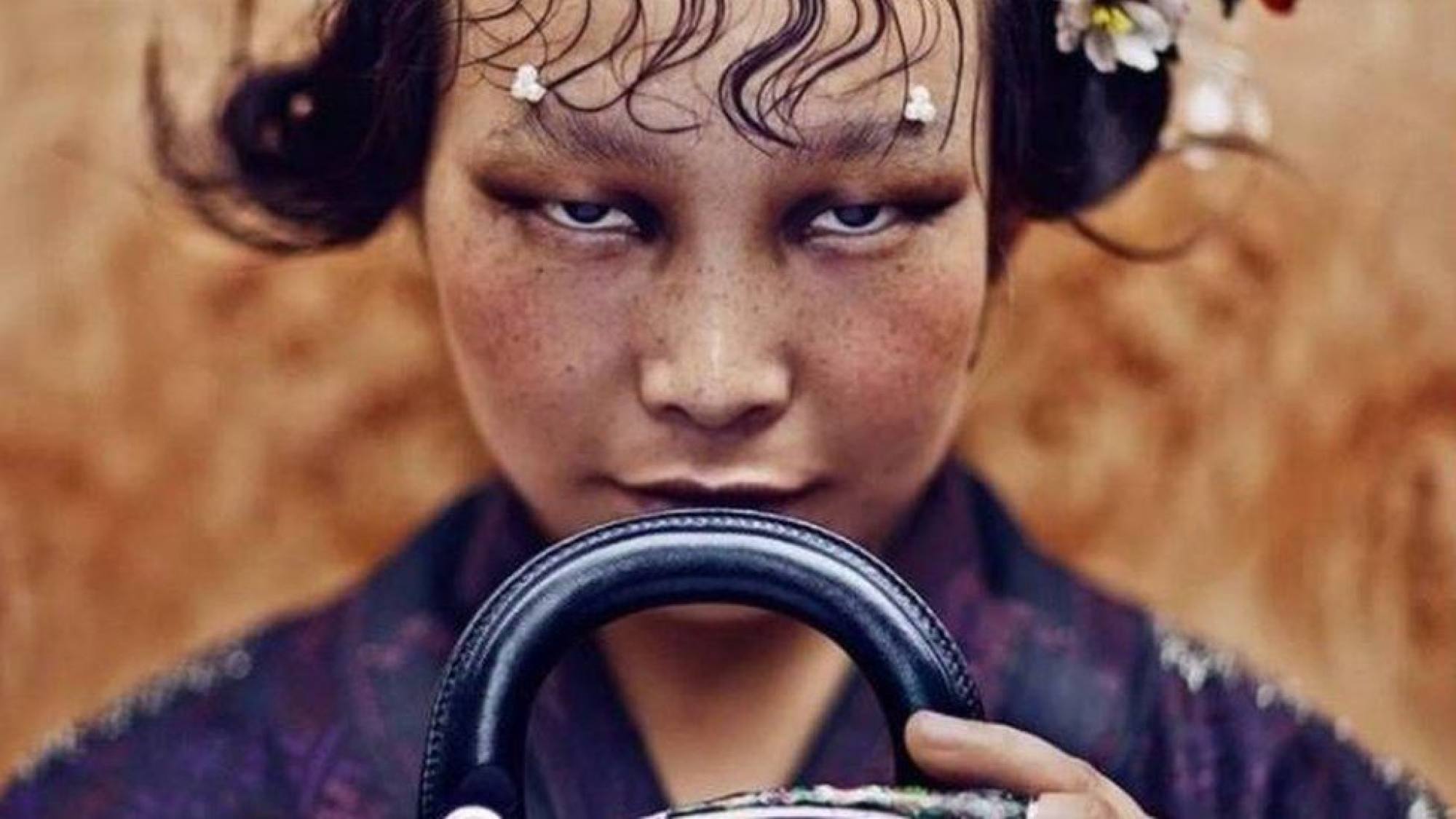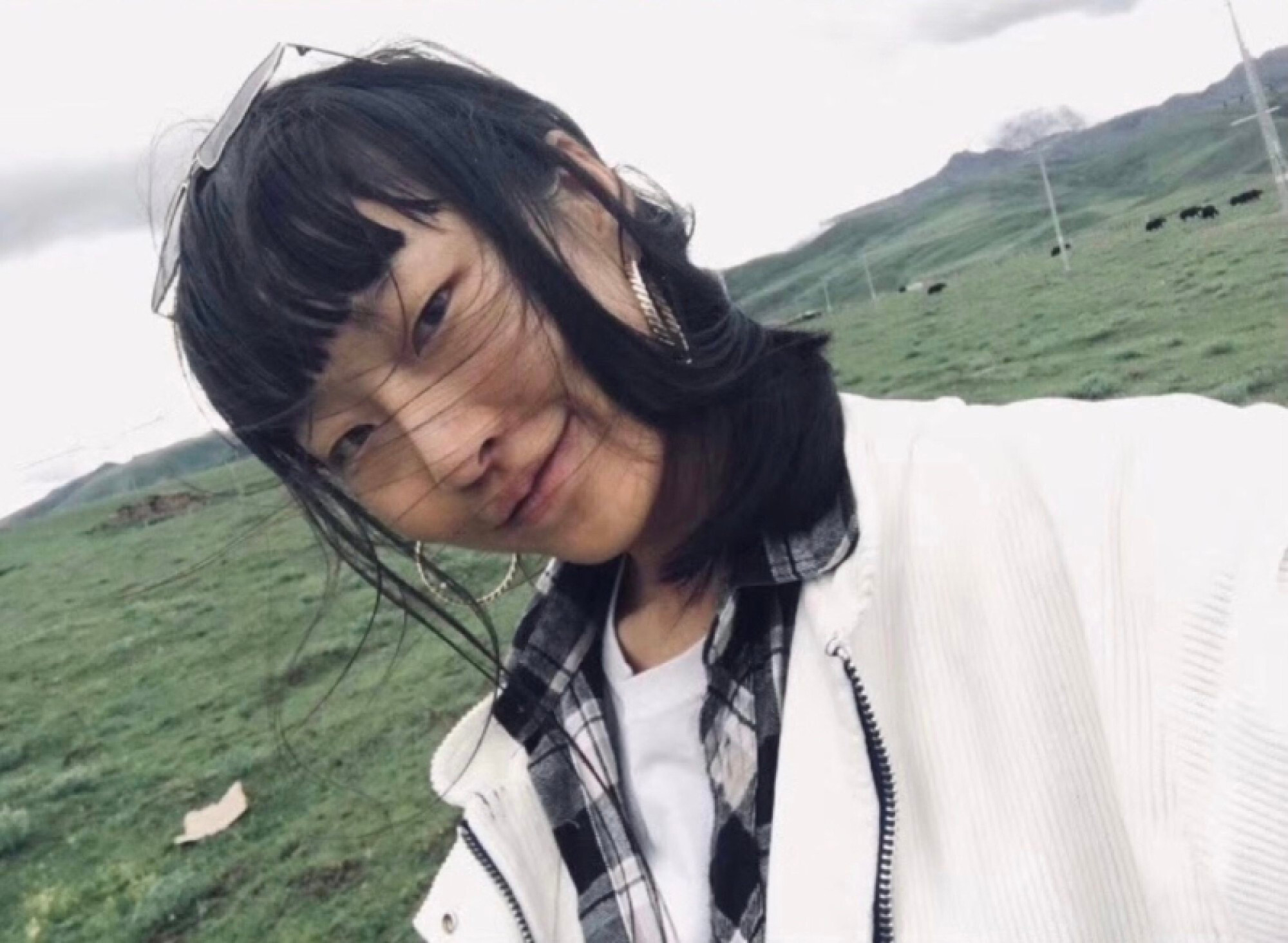
‘Slanted-eye’ models: why do brands like Mercedes, Three Squirrels and Dior alienate Chinese customers if they want their money?
- Put aside arguments about aesthetics – Chinese consumers have shown time and again they don’t appreciate these stereotypes. So why anger your target audience?
- For a change, how about using models with large eyes, double eyelids, and sunny dispositions? If not to sell more products, at least to stem the anger
Chinese netizens and consumers have shown time and again that they have little appreciation for slanted-eye models in advertisements. So why anger them repeatedly by giving them what they would rather not see?
Last week, Mercedes-Benz deleted a video it had published on Weibo on Christmas Day featuring a model with slanted eyes, after facing a barrage of criticism from Chinese netizens arguing the images were “ugly” and “offensive”.
China’s nationalistic tabloid Global Times said the image of a Chinese person with slanted eyes and braids was a Western stereotype of the Chinese from the 19th century, and was “based on the Western sense of ideological superiority”.

Countless Chinese said they had never seen as many Chinese with slanted eyes in real life as they had on advertisements, adding that the overall portrayal left an impression of “vileness” and “evilness”. Others accused the advertisement of being a “blatant provocation”.
A fortnight earlier, a Three Squirrels advertisement had drawn flak for featuring a model with slanted eyes, forcing the Chinese food company to apologise.
In November, French fashion brand Dior found itself in a similar controversy after it used a photograph of a model with small, spooky eyelids and dark skin wearing a traditional Chinese dress and holding a Dior bag.

The repeated use of these images in advertisements begs the questions: what are the advertisers thinking? Aren’t advertisements supposed to generate fondness for a product?
If so, why alienate your target audience by using images that turn them off?
For the sake of commercial argument, let us put aside the perfectly reasonable point that beauty is all-encompassing and that it is important to embrace and celebrate all forms of aesthetic standards and physical features.

What is clear from the series of controversies is that Chinese netizens and consumers in general have little tolerance for the slanted eyes stereotype, which is considered offensive and derogatory not just to Chinese but to Asians in general.
Many Chinese characters in early American movies and cartoons have slanted eyes, such as Fu Manchu, an Asian villain widely seen as embodying and perpetuating the “yellow peril”, or the racist idea that Asian cultures threaten Western society.
Recall Mao’s famine, forget Churchill’s: how the West captured Asian minds
Even the main characters’ in the Chinese animated film I Am What I Am – which premiered last month – with their small and slanted eyes have drawn Chinese dissatisfaction by playing into Western audiences’ bias against Asians.
Given the expression of such intense dislike, perhaps it is time for businesses to reconsider using images which Asians, especially Chinese, find unflatteringly, even off putting.
For a change, how about just turning to models with large eyes, double eyelids, and sunny dispositions? If not to sell more products, then at least to stem the dissatisfaction of Chinese consumers at unpopular portrayals of Chinese in the public domain.

